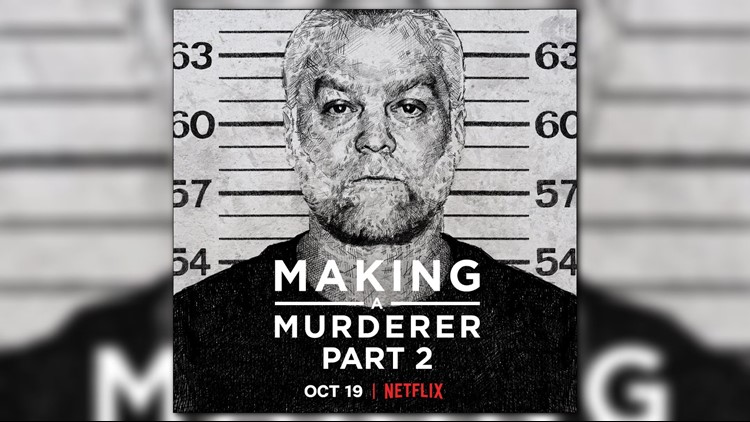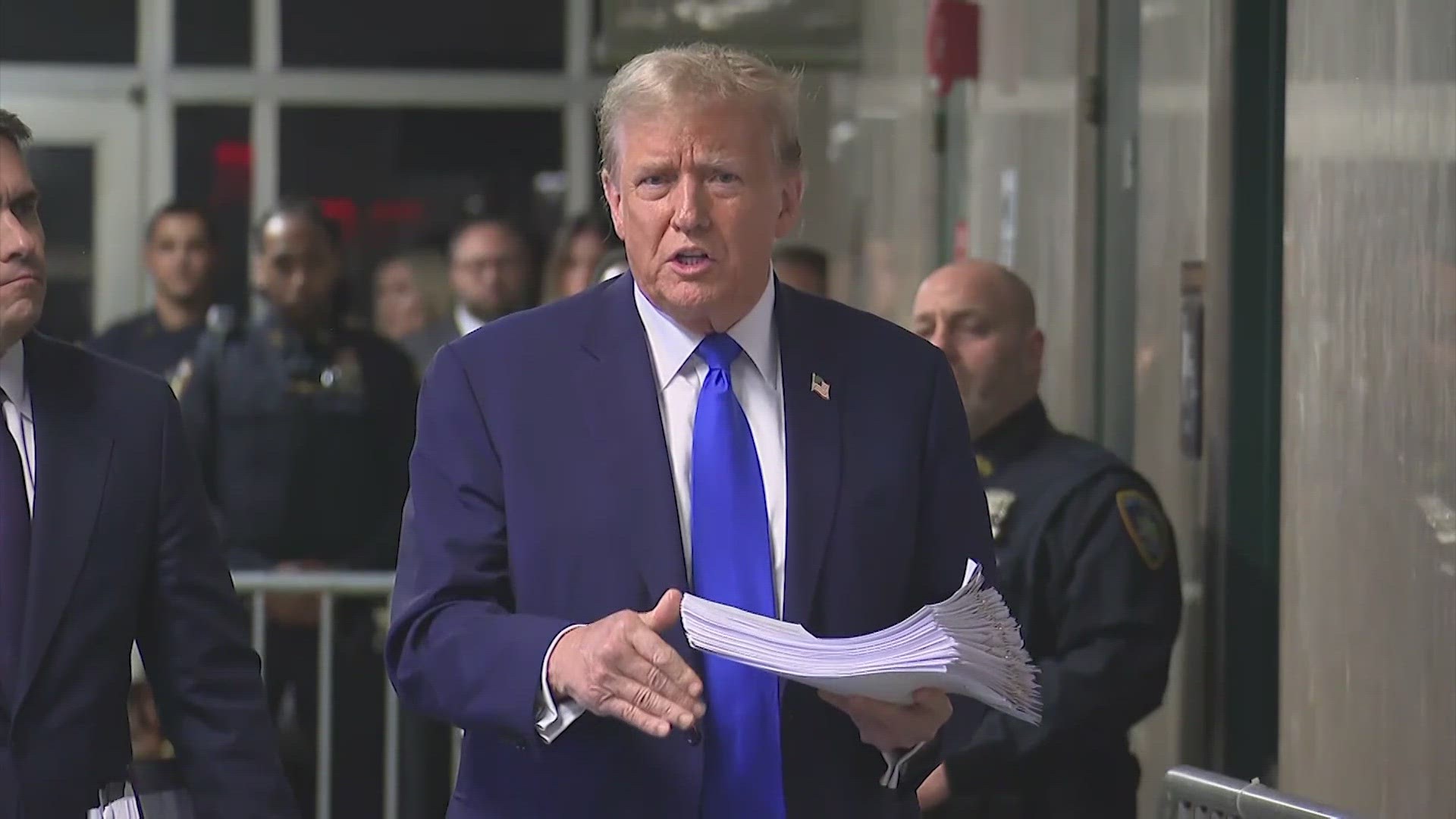Netflix's documentary series "Making a Murderer" arrived quietly in December 2015. That is, until bored subscribers with nothing to do over the holidays started to watch and told their friends until you couldn't turn on the news or have a dinner party without it coming up.
The series documented the improbable life of Steven Avery, a Wisconsin man who was wrongfully convicted of rape in the 1980s and exonerated in 2003, only to be arrested and convicted of the murder of 25-year-old Theresa Halbach a few years later. It's an incredible story, and, because it wasn't well-known outside of Wisconsin, it enthralled and shocked Netflix viewers and became a sensation.
Avery's story – and that of his nephew, Brendan Dassey, who was convicted as an accomplice to the murder – didn't end with the conclusion of the original docuseries. Directors Laura Ricciardi and Moira Demos are clearly invested in these men, and they continued filming. The result is 10 new episodes hitting Netflix on Friday.
"Making a Murderer Part 2" portrays the aftermath of events in the original series and the ongoing efforts to void both men's convictions. For devotees of the show who became passionate about Avery and Dassey's causes, "Part 2" is the equivalent of fan service: further confirmation that they're innocent, demonstrated by an even more painstaking examination of the flawed evidence against them.
But for those with a more casual interest in the cases and the true-crime genre they helped spawn, the sequel is a lesser version of the original, with the same style and trappings slapped on a less-compelling story.
The very makeup of "Part 2" set it up for failure. Although it has the same effective editing, the same poignant score and most of the same subjects, the events documented here are more rote and less surprising. There's certainly not enough material to fill 10 episodes, and the result is an inelegant compilation of footage.
The emotional, angered response sparked by the original "Murderer" was a result of the surprise factor: Most viewers learned about the cases for the first time as they watched. Each development was more outrageous than the last and could have easily been scripted by Hollywood. The cast of characters was seemingly lifted out of a conspiracy thriller. The courtroom speeches were so melodramatic that they wouldn't be out of place on "Law & Order." The twists were plentiful. The footage of police investigations and interrogations was infuriating. The ending was tragic.
Unfortunately, "Part 2" has none of that.
After the popularity of the original "Murderer," every incremental development in both Avery and Dassey's cases became national news, so many viewers will sit down to watch the new footage knowing exactly how the story ends.
The new episodes take three primary paths: the efforts by Avery's new lawyer, Kathleen Zellner, to free him; the similar work by Dassey's lawyers from the Center on Wrongful Convictions of Youth; and the personal lives of both incarcerated men and their families and friends on the outside.
Zellner, a lawyer known for getting convictions overturned, has been actively tweeting about her involvement in the Avery case for years. Scenes focused on her investigative and legal work are like "CSI" clips with Zellner's pithy commentary as she brings in expert after expert to examine the minutiae of the forensic evidence in Avery's case and derides the police and his original lawyers.
Dassey's lawyers, led by Laura Nirider and Steven Drizin, are refreshingly, well, grown-up. Their logical, reasoned arguments for Dassey's innocence and their professionalism are in stark contrast to the state prosecutors and investigators from the earlier years of the case, many of whom loiter around the new court proceedings. But responsible legal prep work is not as entertaining as the previous series' emotional, potentially biased court arguments.
The series hammers home how hard it is to have loved ones incarcerated, but scenes of their personal stories feel stretched and exploitative. The Averys are in extreme pain, their health and business is failing, and their misfortunes – and especially Steven's love life – have become fodder for the media and the likes of "Dr. Phil."
It's also jarring to see the series itself become a silent character. "Part 2" begins with a montage of news clips about the first season, a not-so-humble brag about its impact.
It's just much harder to become immersed in "Part 2" than it was to get sucked into the story back in 2015. The first "Murderer" was lightning in a bottle, a rare cross-demographic hit in a splintered TV world, uniting viewers in horror and outrage.
You just can't recapture that kind of emotion, as much as the directors (and Netflix) would like.



